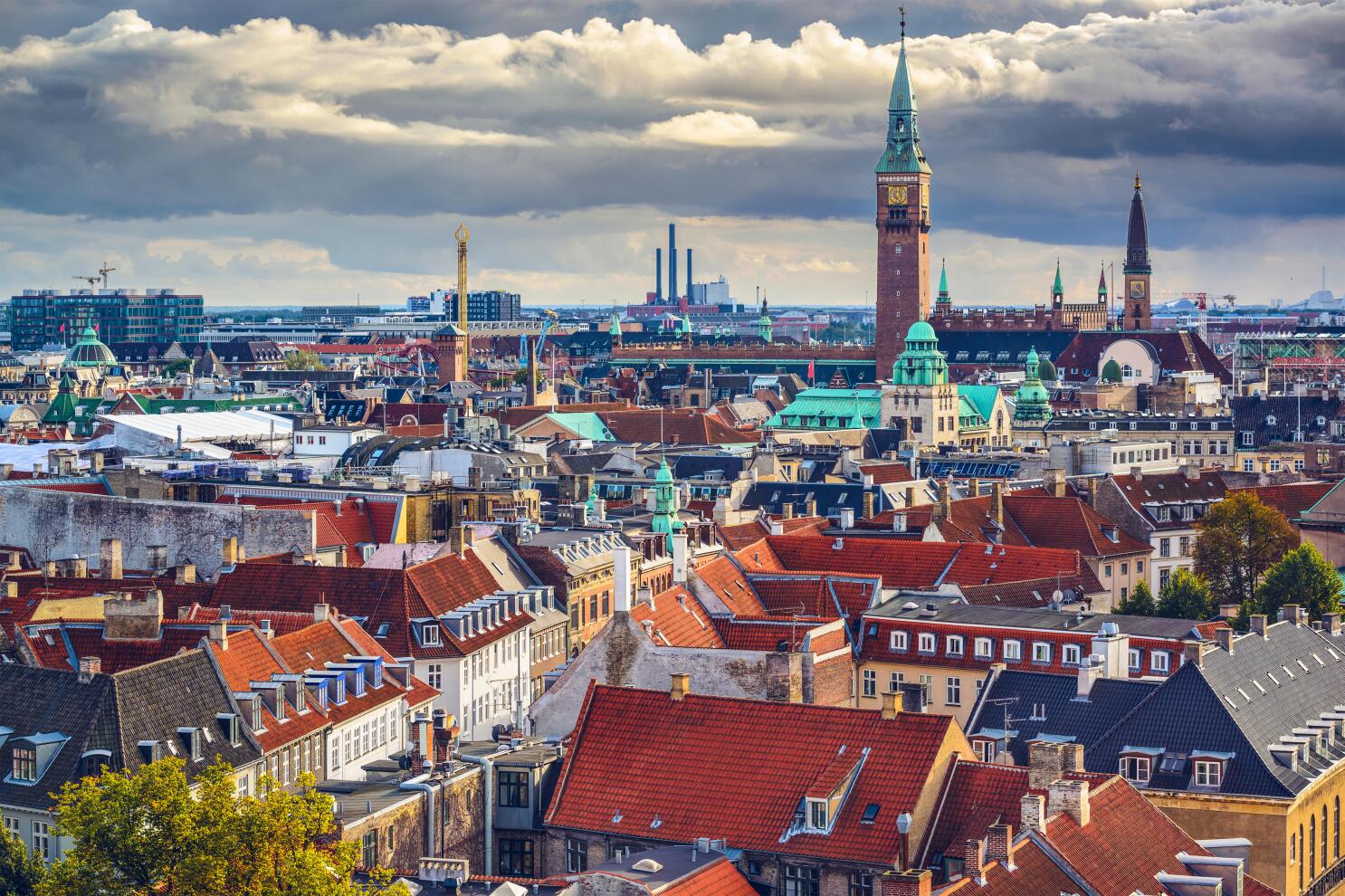Europe's Green Jobs Crisis: Why Slow Decarbonisation Threatens Employment More Than Climate Action
Lagging investment in clean technologies poses a greater risk to European jobs than the green transition itself. This is particularly true of the dominant green transition model, which relies on the concept of green growth, is technology-driven and assigns a key role to market forces. Without addressing the inequalities likely to emerge from the decarbonisation imperative, we cannot avert the existential threat of climate change—social conflict will block or slow necessary changes.The question becomes: how can Europe tap the job creation potential of the green economy? If new jobs in clean industries emerge too slowly and transformation becomes protracted and chaotic, international competitors may capture larger market shares in critical clean industry segments—ultimately costing Europe more jobs in the long term.The discourse has centred on fears of “carbon leakage”—the notion that higher environmental and climate standards might drive carbon-intensive activities abroad. However, the real risk is that insufficient investment in green technologies will result in new low-carbon industrial jobs being created elsewhere, beyond Europe’s borders.According to the United Nations Environment Programme (UNEP 2018), green jobs are defined as “positions in agriculture, manufacturing, R&D, administrative, and service activities aimed at substantially preserving or restoring environmental quality”. “Green” has become shorthand for processes, products and services relating to sustainability and the environment.







